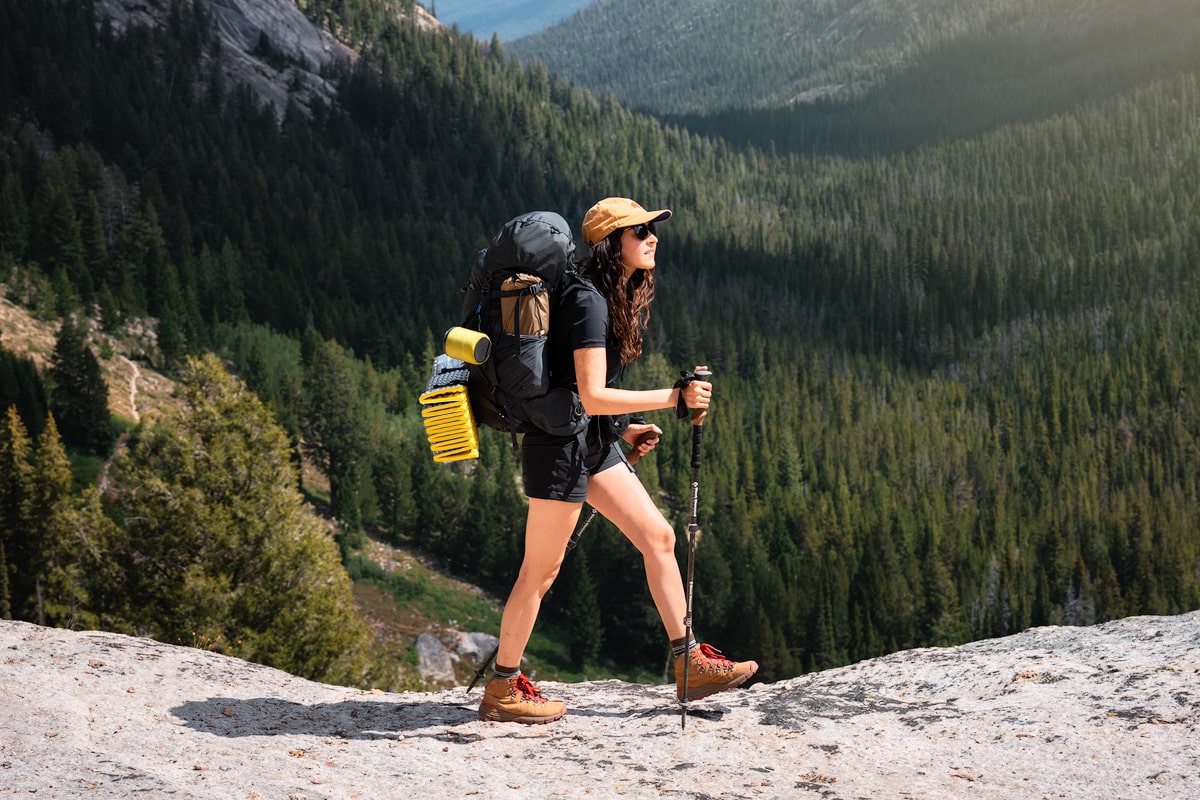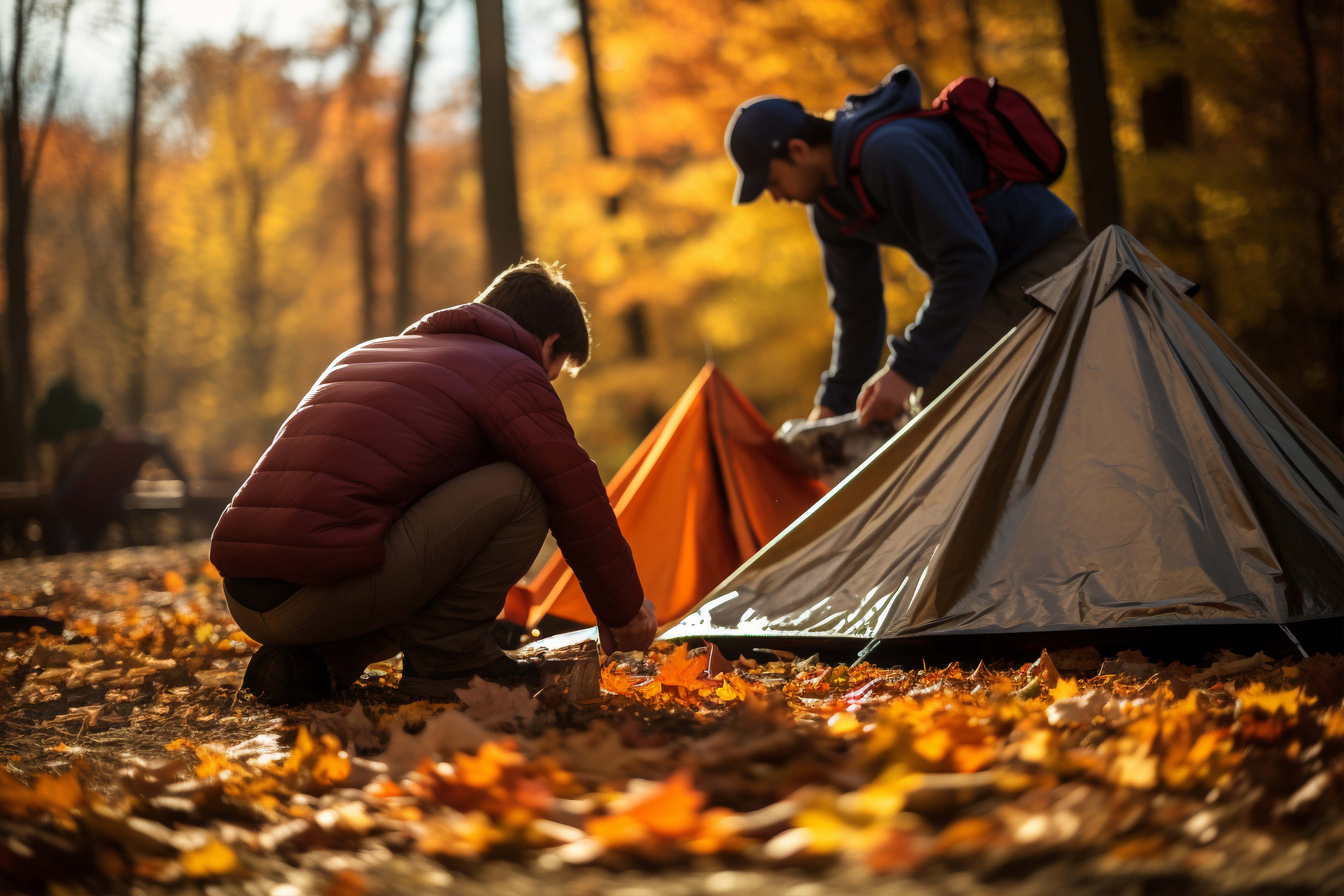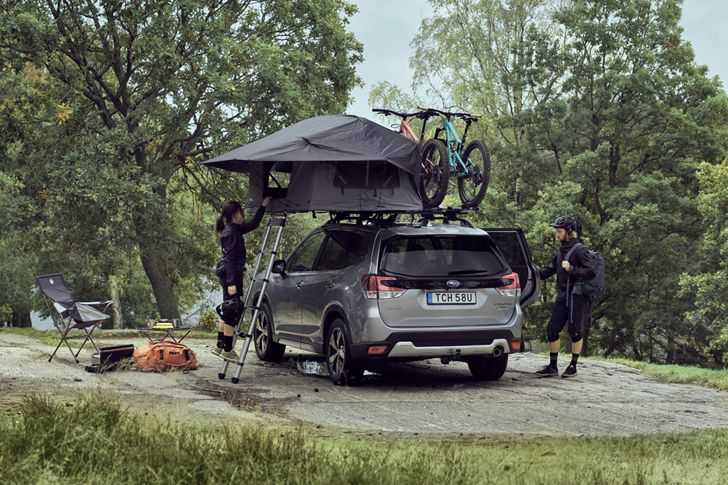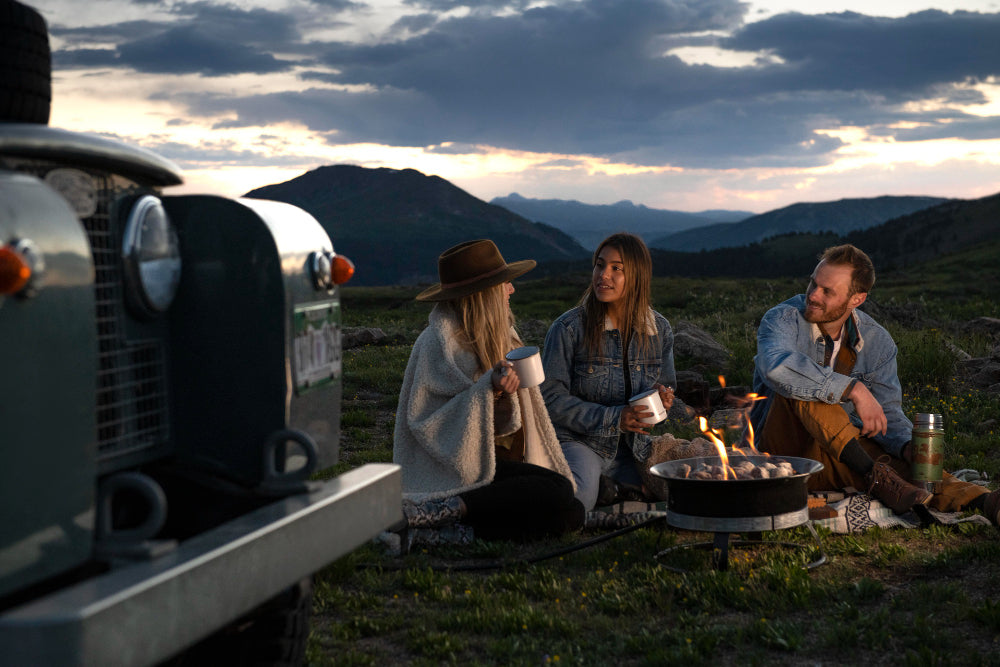
Most Forgotten Hiking and Trekking Items: A Comprehensive Guide
Embarking on a hiking or trekking adventure is a thrilling experience that connects you with nature and challenges you physically. However, the success and enjoyment of your outdoor adventure often hinge on how well-prepared you are. It's easy to remember the big items like your backpack, boots, and tent, but many hikers and trekkers frequently overlook essential smaller items that can make a significant difference in their experience. This comprehensive guide covers the most forgotten hiking and trekking items and explains why each one is crucial for your adventure.
Read Also: Best Trekking and Hiking Sites in the United States
- Navigation Tools
While many hikers remember their GPS device or smartphone, they often forget traditional navigation tools that are indispensable in the wilderness.
- Map and Compass: Digital devices can fail or lose signal, making a physical map and compass essential. Learning how to use them can be a lifesaver.
- Trail Guide or Printouts: Carrying a trail guide or printouts with detailed trail descriptions and maps ensures you have backup information.
- First Aid Kit
A well-stocked first aid kit is crucial for addressing injuries and illnesses on the trail.
- Bandages and Antiseptics: Small cuts and blisters are common. Having bandages and antiseptics can prevent infections.
- Pain Relievers and Medications: Carry over-the-counter pain relievers and any personal medications you may need.
- Sufficient Water and Filtration System
Hydration is critical, but many hikers underestimate their water needs or forget how to purify natural water sources.
- Extra Water Bottles: Carry more water than you think you'll need, especially on hot or strenuous hikes.
- Water Filtration System: A portable water filter or purification tablets are essential if you run out of clean water.
- Weather-Appropriate Clothing
Weather conditions can change rapidly, and being unprepared can lead to discomfort or even dangerous situations.
- Rain Gear: Lightweight waterproof jackets and pants are vital to stay dry.
- Extra Layers: Layering helps regulate body temperature. Always carry an extra base layer and a warm mid-layer.
Read Also: How Trekking Poles & Sticks Can Transform Your Hiking Experience
- Sun Protection
Sun exposure can lead to serious issues, from sunburn to heatstroke.
- Sunscreen: High SPF sunscreen protects against harmful UV rays.
- Hat and Sunglasses: A wide-brimmed hat and UV-protection sunglasses shield your face and eyes.
- Multi-Tool or Knife
A multi-tool or knife is indispensable for a variety of tasks, from cutting rope to food preparation.
- Swiss Army Knife or Multi-Tool: Versatile tools that can handle unexpected situations and minor repairs.

- Fire Starting Equipment
Fire is crucial for warmth, cooking, and signaling for help.
- Matches or Lighter: Waterproof matches or a reliable fire lighter are essential for starting a fire.
- Firestarter: Carry tinder or a fire starter to make lighting a fire easier in wet conditions.
- Emergency Shelter
An emergency shelter is essential, even on day hikes, in case you get caught out overnight.
- Space Blanket or Bivy Sack: Lightweight and compact, providing warmth and protection from the elements.
- Headlamp or Flashlight
Light sources are critical if you end up hiking after dark or need to navigate in low-light conditions.
- Extra Batteries: Always carry spare batteries for your headlamp or flashlight.
In case of an emergency, having tools to signal for help is vital.
- Whistle: A whistle can be heard from a distance and requires less effort than shouting.
- Signal Mirror: Useful for reflecting sunlight to attract attention from rescuers.
- Personal Hygiene Items
Maintaining personal hygiene on the trail is important for health and comfort.
- Toilet Paper and Trowel: For digging cat holes and maintaining Leave No Trace principles.
- Sanitizer and Wet Wipes: For cleaning hands and maintaining hygiene.
- Insect Repellent
Bugs can be more than just a nuisance; they can also carry diseases.
- Bug Spray: DEET-based sprays offer effective protection against mosquitoes and ticks.
- Insect Repellent Clothing: Clothing treated with permethrin provides an added layer of defense.
- Trekking Poles
Trekking poles provide stability, reduce impact on joints, and help with balance on uneven terrain.
- Adjustable Poles: Choose poles that can be adjusted to suit different terrains and personal preferences.
- Extra Food
Always bring more food than you think you’ll need in case your hike takes longer than expected or you encounter delays.
- High-Energy Snacks: Nuts, trail mix, and energy bars are lightweight and pack a nutritional punch.
- Freeze-Dried Meals: Easy to prepare with just hot water and provide a satisfying meal.
- Repair Kit and Duct Tape
A small repair kit can fix gear and clothing issues that arise on the trail.
- Duct Tape: Can be used to fix almost anything, from tent poles to blisters.
- Sewing Kit: Handy for mending torn clothing or gear.
- Cash and Identification
In case of emergencies or when visiting areas without electronic payment options.
- ID and Medical Information: Carry your ID and any critical medical information.
- Cash: Small amounts for emergency purchases or in places where cards are not accepted.
Keeping your electronic devices charged is important for navigation and emergency communication.
- Solar Charger: Environmentally friendly option for long trips.
- Power Bank: Reliable and can recharge multiple devices.
- Comfort Items
A few comfort items can make your hiking or trekking experience more enjoyable.
- Camp Chair or Sitting Pad: Provides a comfortable place to rest.
- Travel Pillow: Enhances comfort during rest stops or overnight camping.
Practical Tips for Remembering These Items
- Create a Packing List: Write down everything you need and check off items as you pack them.
- Pre-Pack Your Bag: Pack your bag a day or two before your hike to avoid last-minute rushes.
- Use Packing Cubes: Organize items into categories (e.g., first aid, hygiene, food) to ensure nothing is left behind.
- Check Your Gear Regularly: Before each trip, inspect your gear to make sure everything is in working order and nothing is missing.
Read Also: Most Forgotten Camping Items

Conclusion
Being well-prepared with the right gear and items can make the difference between a successful, enjoyable hike and a potentially dangerous situation. By paying attention to the often-forgotten essentials, you enhance your safety, comfort, and overall experience on the trail. Always double-check your packing list, consider the specific needs of your hike or trek, and adapt to changing conditions. With the right preparation, you can fully enjoy the beauty and challenge of hiking and trekking adventures.








